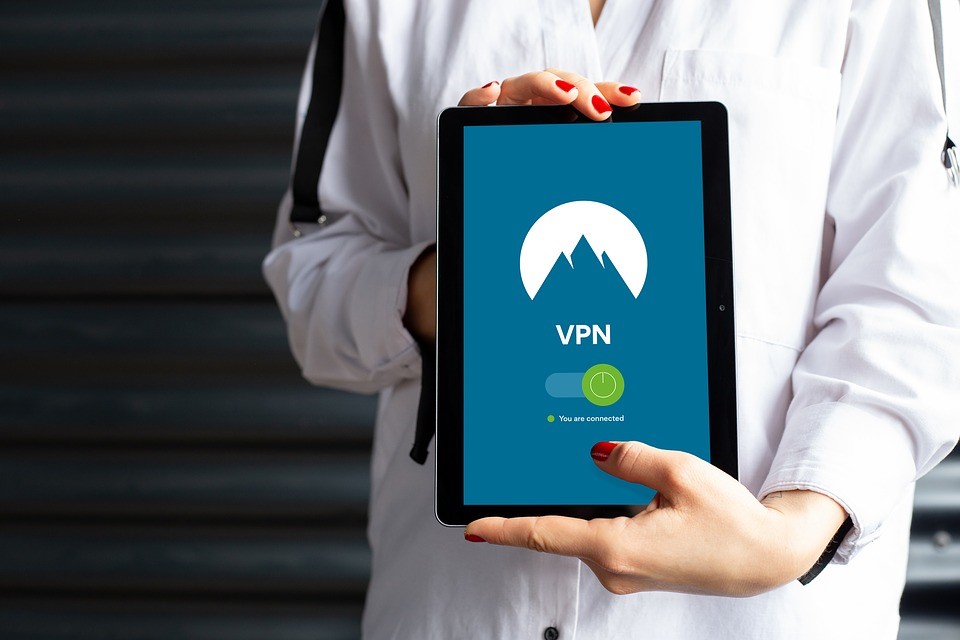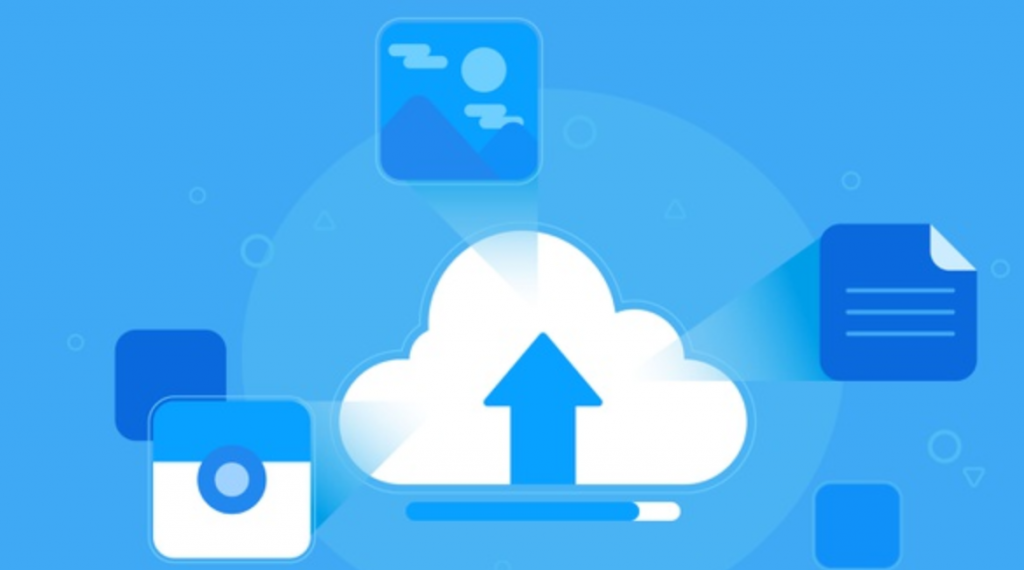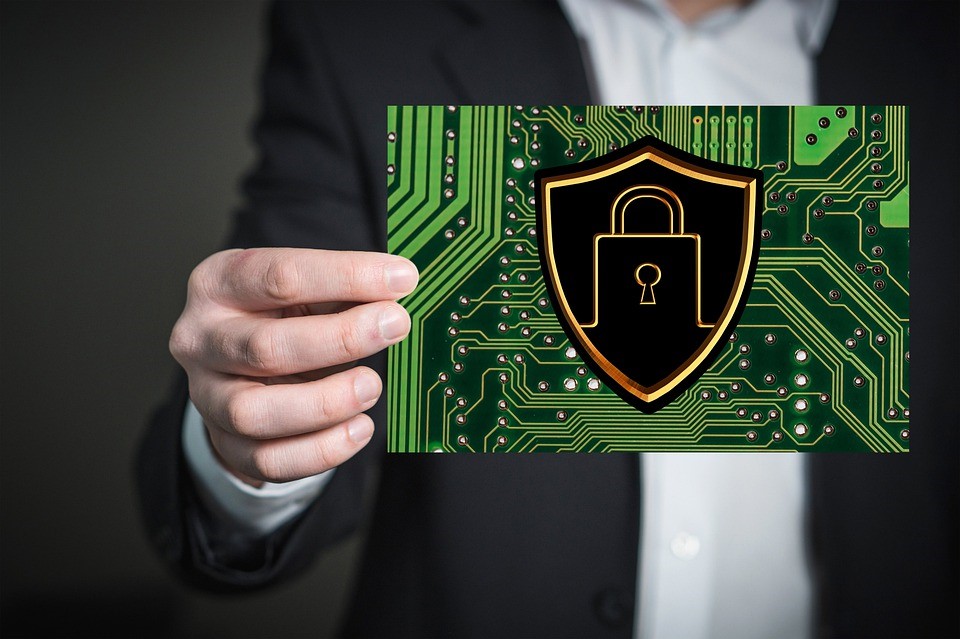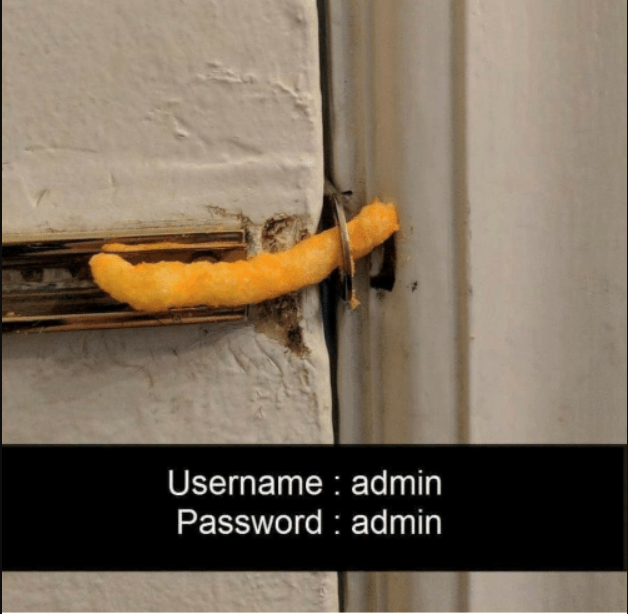Since the time World Health Organization (WHO) officially announced Covid-19 a pandemic, most of the countries, including India, have declared a complete lockdown across the entire nation.
The organizations have asked their employees to work from home. The remote working of employees enables the organizations to keep their business up and going, while following the Covid-19 guidelines enforced by the government to maintain social distancing.

Impact of coronavirus on work culture and employees
Covid-19 (Coronavirus disease 2019) is making headlines every day because it is spreading rapidly across the world at lightning speed. The number of total coronavirus cases globally is now more than half a million, resulting in over 23K deaths.
Social distancing seems to be the most effective way to reduce the rate of spread of coronavirus. That’s the reason companies have embraced remote working practices.
The virus is having a huge impact on the IT industry and the overall global economy. As per Oxford Economics, the Covid-19 pandemic will cost the global economy more than $1 trillion. All the IT and tech events scheduled in March, April and coming months have either got cancelled, postponed, or are going virtual.
Businesses of all sizes are now offering work from home (WFH) option to their employees. In the IT industry alone, more than 200K employees are supposed to be working from home. When the coronavirus crisis is over and we are back to our normal routine work, we may see WFH becoming a trend. It may reshape the future of work.
Remote working amid the spread of Coronavirus
Big organizations like Twitter, Microsoft, SAP, JPMorgan Chase, Facebook, Amazon, LinkedIn, and Google have enforced remote working policies due to coronavirus. Twitter has now more than 5K employees working from home and this number is either similar or higher for most of the large enterprises. In such a scenario, the data security becomes a big pain-point for the businesses, because the remote working people access and browse the sensitive and crucial data from public internet, with devices that aren’t prepared for enterprise security.
It has become a complicated and challenging task for the companies to respond to immediate remote working requirements while ensuring the data security. Some employees are facing internet speed issue, others are not able to access required files and data. Some cannot coordinate with other teams which is impacting the overall work, while others aren’t aware of the best policies for remote working to keep the organizational data safe.

Top data security challenges with remote working
While enabling your teams to work from home during the Covid-19 outbreak, it is important to pay heed to the technology and security, the teams are using. There are several data security challenges with remote work that you need to be prepared for.

1. Poor security on mobiles and devices in BYOD
Cybersecurity is one of the biggest threats for businesses today, especially when organizations are now relying on BYOD (Bring your own devices) option. When your teams work from home, the enterprise data and devices become all the more vulnerable.
In office, your IT teams set firewall policies, block certain IP addresses, and impose several cybersecurity practices to fight cyberattacks and keep things secure.
However, when working remotely, the employees access the internet from personal and public Wi-Fi networks. This leaves your data and files vulnerable to exposure. Plus, they are able to browse malicious websites and click malicious links which might infect the device and then the entire data available on it.
Even in this era of digital transformation where there are several cloud storage solutions available, many businesses are still storing the data locally. Remote workers saving the files and other data on a computer or local network storage leave the data at risk of being compromised. If there is no backup and if the computer is hacked or gets damaged, all the data will be lost.
3. Lack of data backup strategy
Not having a data backup strategy is like not having a proper plan for business growth.
All the business data needs to be backed up regularly so that it can be recovered in cases of accidental deletion, data breaches, lose of devices, etc. When working remotely, the employees may use the device for both personal and professional work. In case they visit or download a malicious file unintentionally, like a pirated movie or game, it can crash the device and the data on it.
4. Not using the right tools for communication
While working from office premises, the teams are able to meet in person to discuss things and stay connected with each other. But for remote working, they have to use some productivity and communication tools to chat, call, or share files. Many businesses make this mistake of using non-reliable tools for this purpose or don’t define data privacy policies for the same. It can result in leak of communication or data.
Data security tips for enterprises working remotely during coronavirus?
In this article, we have mentioned key data security tips for you to secure your organizational data while your teams work from home amid the spread of COVID-19. If you are running a business or working from home during this coronavirus pandemic, then you must implement these tips to secure your valuable data.
1. Don’t use public Wi-Fi or open internet
Public internet options bring significant cybersecurity risks to the devices, which should be avoided as much as possible. Use of such networks leaves you at the risk of hackers accessing your device or monitoring your traffic. The public Wi-Fi and open internet are mostly unencrypted connections, which you need to avoid.

What you can do is use a dedicated internet connection, like a personal hotspot, private Wi-Fi or broadband. The connection between your personal hotspot and device is also unencrypted but it is not at the risk of being accessed by other people as it is not open to the public.
2. Use a VPN
Virtual Private Network (VPN) is a must-have solution that your remote teams should be using. What VPN does is create a private connection virtually which remains separate from the public internet. It masks the IP addresses of your users so that their online activities remain untraceable.

Not only the full-time remote teams, but also the users who access your enterprise data remotely even on rare occasions, from a coffee shop, client locations, or home must be using a VPN. The key role of a VPN is to encrypt the connection between your remote teams and the enterprise network.
While there are numerous VPN solutions available out there, you must opt for only the reliable ones. The right VPNs come with 256-bit encryption and no-log policy, and don’t impact your internet speed.
3. Back up your data to the cloud
Data is the lifeblood of your business. You can’t afford to lose it at any cost. That’s why you should be using a reliable and easy-to-use cloud backup solution. Having a back up of your data will ensure that all your data remains safe even if a data breach or a cyberattack occurs.

AI-enabled and cloud-based data protection and backup solutions like Acronis helps your remote teams to fight major cyberattacks, avoid data breaches, restore the data instantly, and recover from the disasters. It not only backs up your data and enables ransomware protection, but also secure your other applications, virtual machines, endpoints, mobile devices, desktops, and cloud services.
Not all the remote working employees are aware of the security protocols needed to be implemented. In most of the organizations, only the IT teams know about the best security practices to reduce the risk of cyberattacks and data breaches. Hence, you should first create a data security policy, document it properly, and share it with your employees through webinars, training, or meetings. You must ensure that they understand all the policies properly and execute the same.

You can also customize the security policies on the basis of distinct departments to make things easier for them. Having a security policy and providing proper training about it will help your employees to learn about how to spot a phishing attack, why to double-check the links and attachments in emails before clicking on them, which websites to avoid browsing or downloading, etc.
5. Use cloud-based productivity tools
The teams who are working from home need the right tools for productivity and communication to stay connected with other teams, collaborate on tasks, and do much more.
Use of traditional or cheap solutions for sharing confidential docs and other files may leave your data at risk of compromise.
So, you should always opt for the best and reliable productivity tools like Office 365 or G Suite. These tools not only have numerous helpful features but are also great in terms of security.
6. Set stronger passwords
There are people who have not changed their passwords for the past several years. Some are using the same password everywhere, while others are using weak passwords like qwerty123.
Such people and their accounts work like loopholes for enterprise data security. If the same password is used for multiple accounts, the risk of getting all the accounts hacked becomes higher. For example, if the Facebook account of a user gets hacked, the attacker might try the same password on other accounts including the business accounts.

Despite a massive rise in the number of cyberattacks due to passwords, people still set weak passwords. In fact, Facebook’s founder Mark Zuckerberg once got his Twitter and Pinterest accounts hacked because of weak passwords. He had used “dadada”. So, educate your remote employees to set strong passwords— longer than 8 characters, and a combination of small and capital letters, numbers and symbols. Also, use unique passwords for every account.
Originally Published in ZNetLive.









